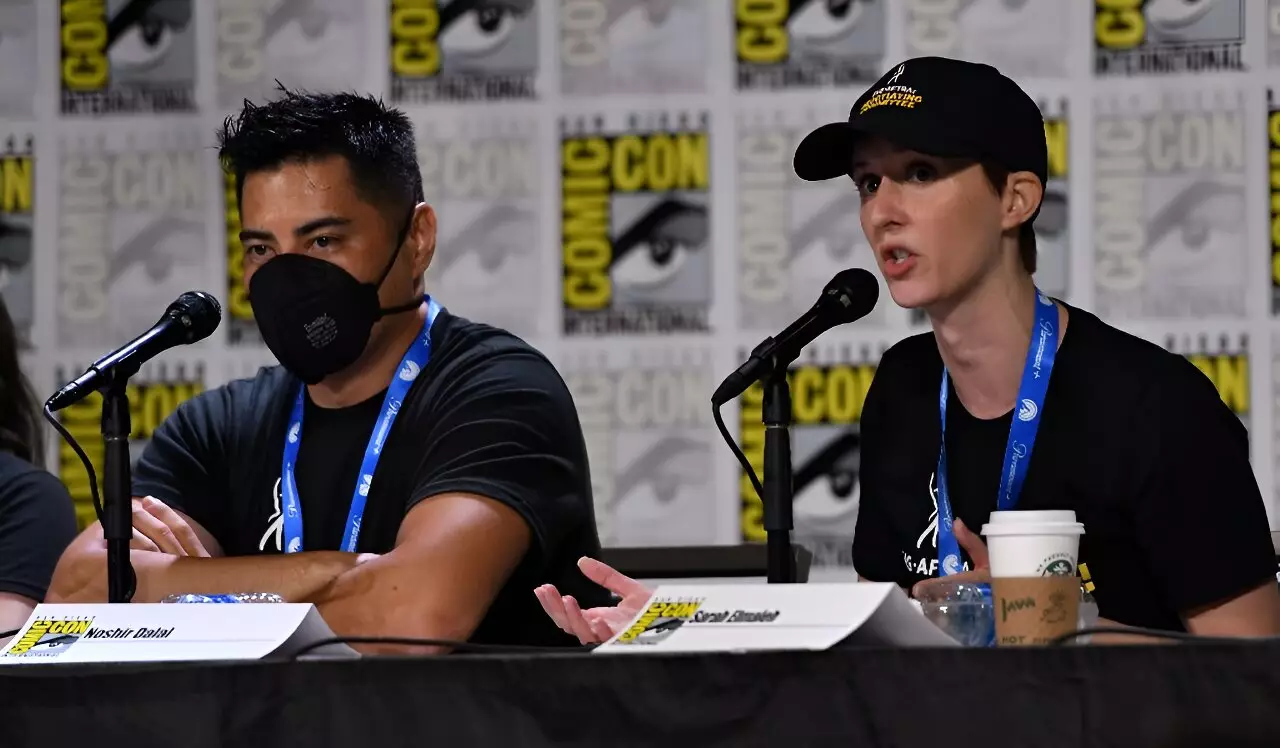The use of artificial intelligence (AI) has created significant challenges for actors in the video game industry. Following a strike by Hollywood actors last year, the Screen Actors Guild (SAG-AFTRA) has now initiated a second walkout, highlighting the issues faced by actors who contribute to the development of game characters through voice dubbing services and motion capture.
While the demands of actors remain consistent across industries, negotiations with gaming giants present unique challenges. Technology companies, driven by data and secrecy, often fail to recognize the value of nuanced performances provided by actors. This lack of acknowledgment jeopardizes the consent and compensation of actors whose work is utilized by AI to create compelling game characters.
The strike affects around 2,600 artists involved in voice dubbing and motion capture for video games. Despite over a year of negotiations with industry leaders such as Activision, Disney, Electronic Arts, and Warner Bros. Games, the union has encountered difficulties due to the fragmented appointment of negotiators and the focus on secrecy by video game companies.
The fusion of multiple human performers in creating video game characters has led to exploitative practices by companies seeking to exploit loopholes in the contracts. By using generative AI to blend voices and movements from various actors, companies can obscure the origins of the performances, making it challenging for actors to track their work, consent to its use, and receive appropriate compensation.
As AI continues to encroach on traditional acting roles within video games, voice actors like Lindsay Rousseau fear the loss of job opportunities, particularly for ancillary characters and non-player roles. Without adequate protections against AI exploitation, the industry risks funneling income to a select few established actors while leaving behind emerging talent. The strike strategies proposed by the union may involve targeting online platforms and in-person events, signaling a shift from traditional picket lines to more diverse approaches.
The ongoing strike by SAG-AFTRA against video game companies underscores the critical role of actors and the challenges they face in an industry increasingly reliant on AI technology. As negotiations continue, the need for transparency, consent, and fair compensation for actors remains a pivotal issue that must be addressed to ensure the sustainability and fairness of the video game industry.


Leave a Reply